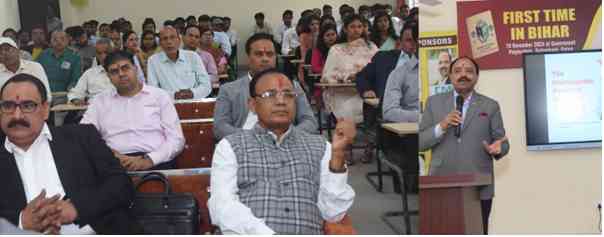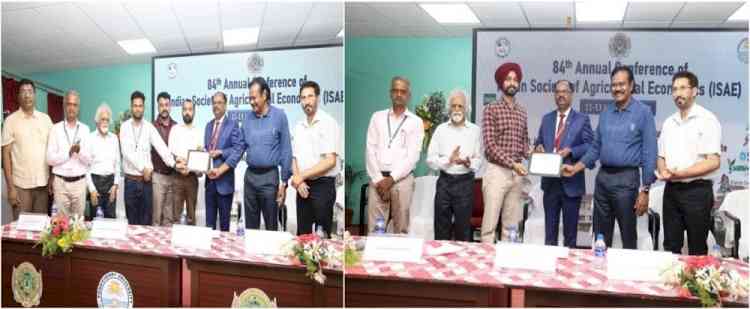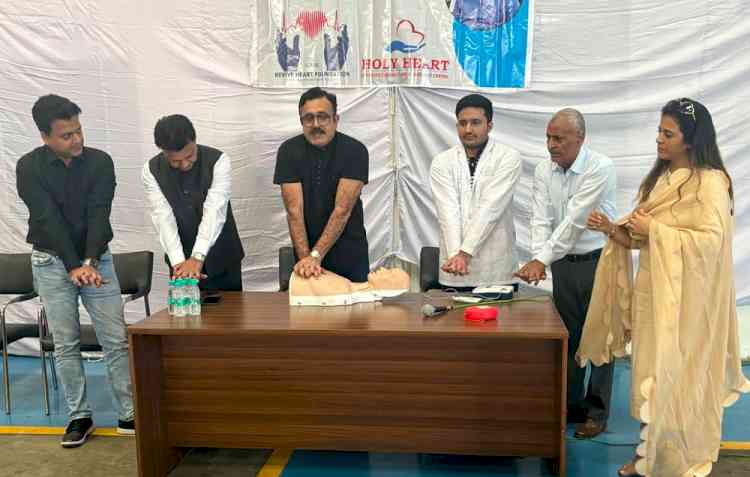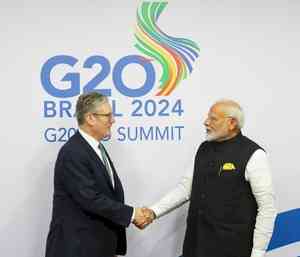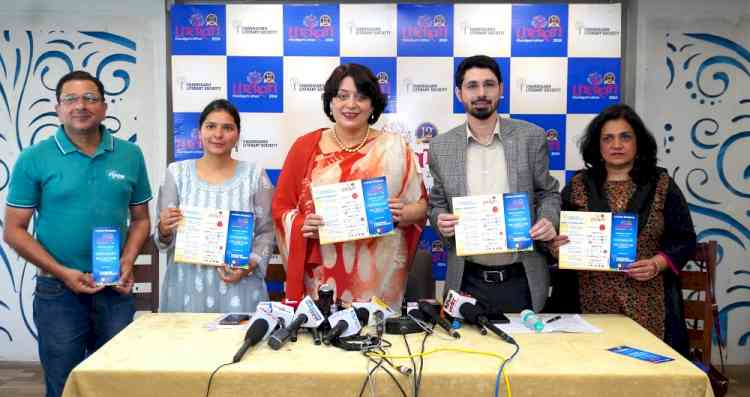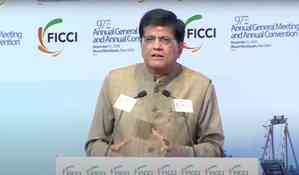Special lecture on topic ‘Challenges of Transforming Governance in Digital Era”
The Department of Public Administration, Panjab University, Chandigarh organized a special lecture on the topic ‘Challenges of Transforming Governance in Digital Era” under the lecture series on Public Policy – Theory & Praxis. Prof. Mamta Mokta, Dean Faculty of Social Sciences, and Chairperson, Department of Public Administration, HPU, Shimla was the resource person. Dr. Bharati Garg, Chairperson, Department of Public Administration introduced the theme of the special lecture.
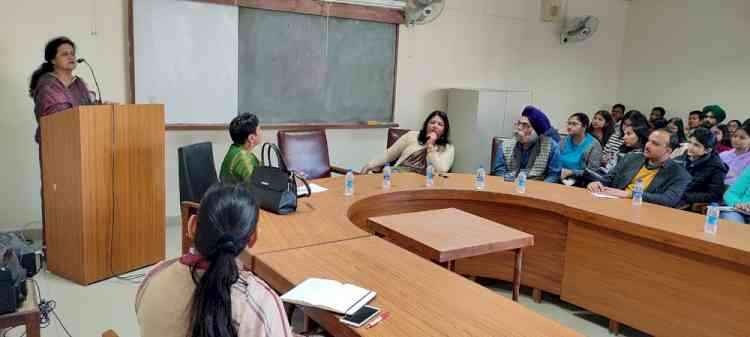
Chandigarh, February 15, 2023: The Department of Public Administration, Panjab University, Chandigarh organized a special lecture on the topic ‘Challenges of Transforming Governance in Digital Era” under the lecture series on Public Policy – Theory & Praxis. Prof. Mamta Mokta, Dean Faculty of Social Sciences, and Chairperson, Department of Public Administration, HPU, Shimla was the resource person. Dr. Bharati Garg, Chairperson, Department of Public Administration introduced the theme of the special lecture.
Prof Mokta introduced the topic by differentiating between Government and Governance. According to her, government represents the structural machinery and governance is the nature of functioning of this machinery. She further elaborated the concept of governance with the help of indicators of good governance as provided by the UN – Efficiency, Effectiveness, Equity, Accountability, Responsibility, Transparency and Responsiveness, Participation. She further stressed that the standards of Good Governance have been affected and altered by a new indicator which is ‘Technology or Digitalization’. She emphasized that technology has transformed the governance to Digital Governance and any administration can afford to ignore it at its own cost.
She discussed many indices of Digital Governance like Digital Divide as mentioned in ‘Oxfam Inequality Report’, ‘e-Services Delivery Index’ and ‘e-Governance Development Index’. These indices focus and measure the nature and quality of on the Public Service Delivery through electronic means, development of infrastructure for the e-Governance and formation of SMART Administration based on technology.
She also discussed at length that the use of technology in administration and emerging areas is in nascent stages. Direct Benefit Transfer scheme has brought in transparency in the administration of welfare schemes, safety and security of the nation has been ensured through the use of Drones, surveillance devices etc. Additionally, Mobile governance and biometrics in various schemes of the government enhances the accountability and monitoring mechanism.
She advocated that apart from creating infrastructure, increasing access, provisioning of services, there is also a need to focus on the Right to Internet. Also, digital divide and digital literacy needs to be looped in. She also informed that Judiciary in India is also roping in the technology to reduce the pendency of the cases and efficient management of case load in courts.
She has highlighted many challenges that are hindering the growth of Digital Governance in the country – Digital Divide among the rural and urban areas in terms of internet users and availing e-services and Digital Illiteracy among a large chunk of internet users are the major challenges. Other challenges highlighted includes, increasing instances of cyber crime and cyber harassment of women and their lesser access to technology.
Towards the end, she suggested that the people need to be educated in the technology usage and increase their participation by simplifying the online procedures. She also noted that the capabilities of public service providers need to be enhanced in order to make the administration more effective. She also advocated that humanistic instincts of the administration shall be manifested to make it more flexible and dynamic.
The talk by Prof. Mamta Mokta was followed by discussion with students and faculty. They raised questions about difficulties faced in using technology, accessibility and efficiency of e-services, concerns over right to privacy etc. Many suggestions were also put forward by the participants to make the system effective and Prof. Mamta Mokta stressed on the need to undertake deeper research into areas relating to e-Governance so that more people’s participation can be ensured to seek their suggestions.
The special lecture was also attended by faculty and students from affiliated colleges in Chandigarh and Rajiv Gandhi National Institute of Youth and Development (RGNIYD).


 City Air News
City Air News 
